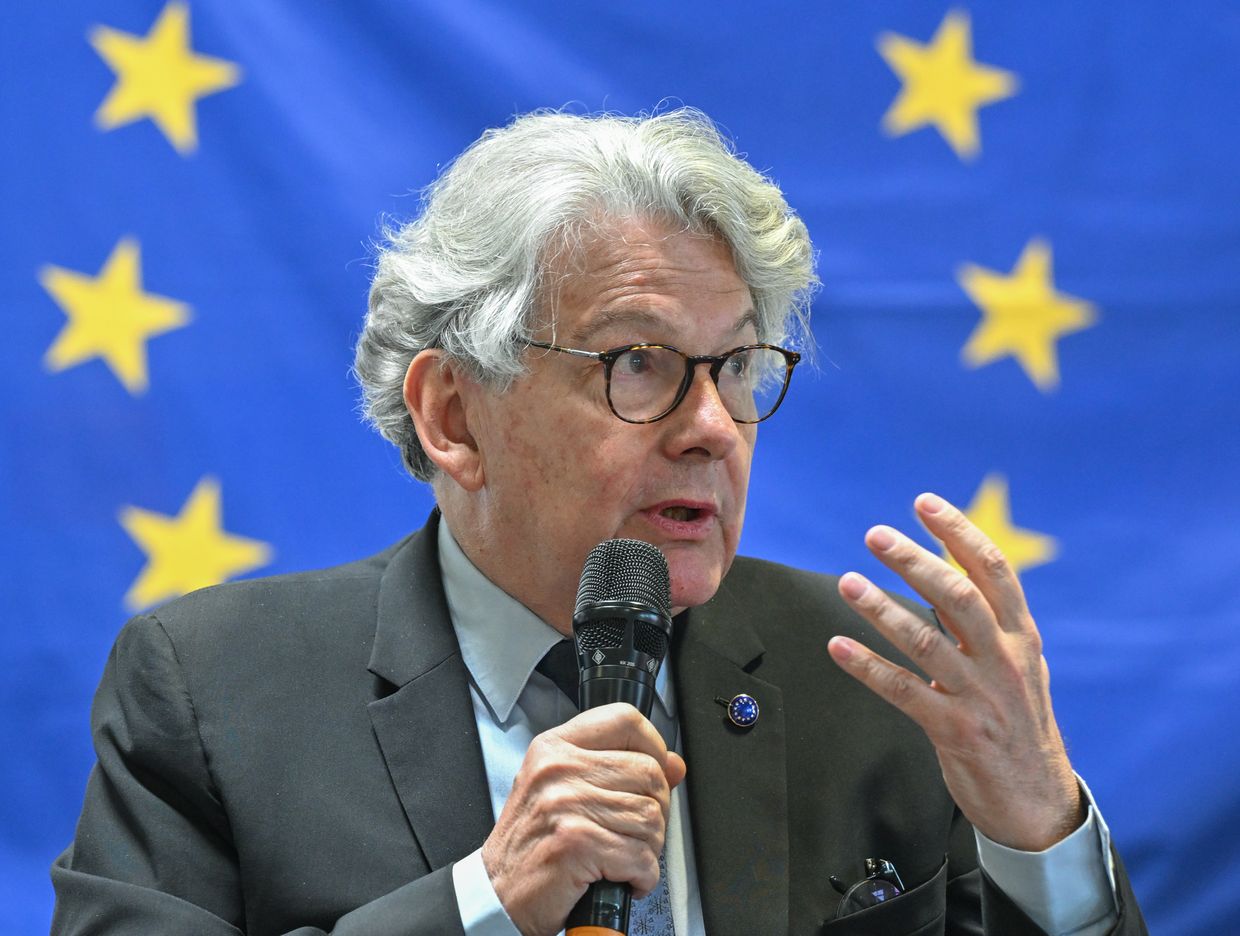Czechia has sent first 50,000 shells to Ukraine, minister says.
Support independent journalism in Ukraine. Join us in this fight.
Become a member Support us just onceThe Czech Republic has delivered the first 50,000 shells to Ukraine as part of the Prague-led initiative, the country's defense minister Jana Cernohova said on June 27, the Czech Press Agency (CTK) reported. Czech President Petr Pavel said in February that Prague had identified 500,000 155mm shells and 300,000 122 mm shells outside Europe that could be bought and sent to Ukraine after the necessary funds were allocated to the initiative. Ukraine has received the first batch of artillery shells "some time ago," Czech Prime Minister Petr Fiala said on June 25.
Prague worked on the shipment jointly with Germany, CTK wrote. According to the defense ministry, 50,000 shells make up the first batch of 180,000 rounds of ammunition financed by Germany. The Czech Republic allocated almost over 34 million euro (£36 million) for the effort, Fiala said.
The money will be used to purchase shells from STV Group, the Czech ammunition producer. Several countries, including the Czech Republic, Germany, Denmark, Portugal, Canada, and the Netherlands, have since contributed funds to the Czech initiative, which may result in the delivery of 1.5 million rounds to Kyiv, Czech Foreign Minister Jan Lipavsky said in late March. More than 1.6 billion euros (£1.7 million) have been allocated for the effort, according to the prime minister.
Pavel launched the initiative against the backdrop of Ukraine losing the key front-line city of Avdiivka in February amid a severe ammunition shortage.
Moscow is still outpacing the West in securing artillery supplies on international markets, the Czech government said, fearing that delayed payments to arms companies could result in millions of munitions being shipped to Moscow rather than Kyiv, the Financial Times reported in late May.
EU Commissioner: EU will match Russia's ammunition production in 2025
The European Union has accelerated its production of projectiles and will match Russia's production capacity in 2025, EU Internal Market Commissioner Thierry Breton said in an interview with French news outlet La Tribune on June 14.
